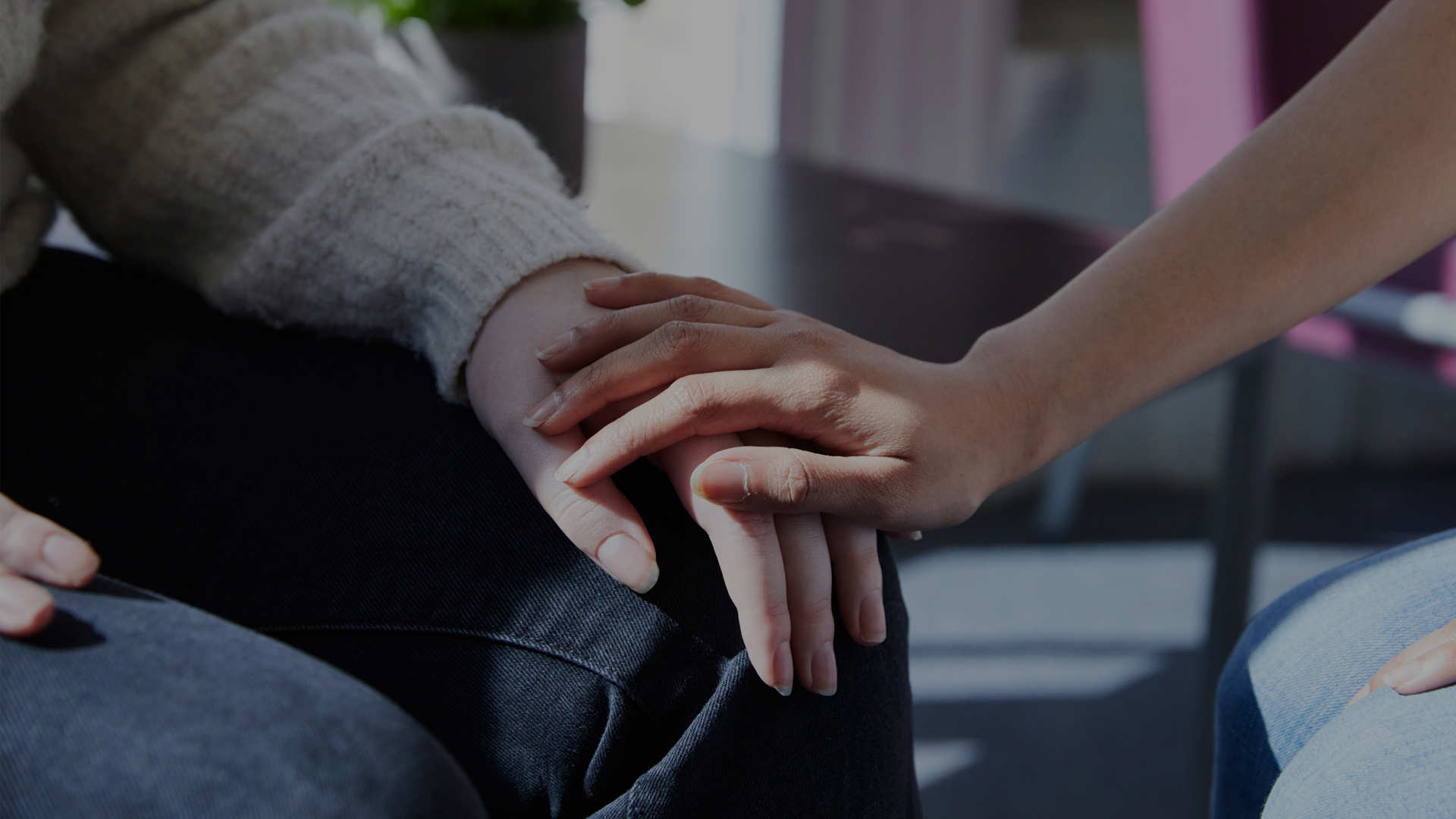I have never known such caring or empathic people. I was overwhelmed by both their kindness and their knowledge. They made the whole situation seem so manageable and they spoke to me in the most beautiful, respectful manner. Genuinely bowled over by the service they provide, it’s phenomenal.
High-quality, woman-centred care
We are an independent healthcare charity which, for more than 55 years, has been advocating and caring for women and couples who decide to end a pregnancy.
Nearly all of the women we see have their care paid for by the NHS. We are the leading specialists of abortion advice and treatment in the UK, taking care of more than 100,000 women each year in over 55 reproductive healthcare clinics nationwide.
In addition to abortion advice and treatment we provide pregnancy testing, counselling, Sexually Transmitted Infection screening, contraception, and vasectomy through our network of reproductive healthcare centres. We also provide specialist contact centre services to the NHS such as Central Booking Services to speed up access to abortion treatment across a range of NHS and agency providers.
Our service is respected for its quality of care, delivered by highly trained staff who are sensitive and non judgemental. Our registered charity number is 289145 under our full name 'British Pregnancy Advisory Service'. All income generated from our services is invested in UK services and advocacy work
Advocating on behalf of the women we care for
The British Pregnancy Advisory Service (BPAS) is committed to protecting and extending women’s reproductive rights and choices.
We believe women are best placed to make their own decisions about contraception, pregnancy, abortion and birth. Women deserve evidence-based information on which to make their choices and we campaign for comprehensive reproductive healthcare services to enable them to exercise those choices.
Supporting pregnancy choices. Trusting women to decide.
What we stand for
Our ambition
A future where every woman can exercise reproductive autonomy and is empowered to make her own decisions about pregnancy.
Our purpose
To remove all barriers to reproductive choice and to advocate for and deliver high quality, woman-centred reproductive health care
Our values
- Be people and patient focused - We value, support, and empower every patient and employee, making sure their voices shape the care and workplace experiences we provide.
- Be kind and considerate - We listen to each other and our patients and build relationships based on kindness, dignity, trust, and respect.
- Be courageous and dedicated - We believe women are best placed to make decisions about their bodies and we will advocate for the changes needed to enable this.
- Be innovative and pioneering - We will push boundaries and challenge the status quo in pursuit of practical excellence and equity in reproductive healthcare.
Want to learn more about our campaigns and get involved?
Sign-up here - we won’t bombard you with emails and you can unsubscribe at any time.
